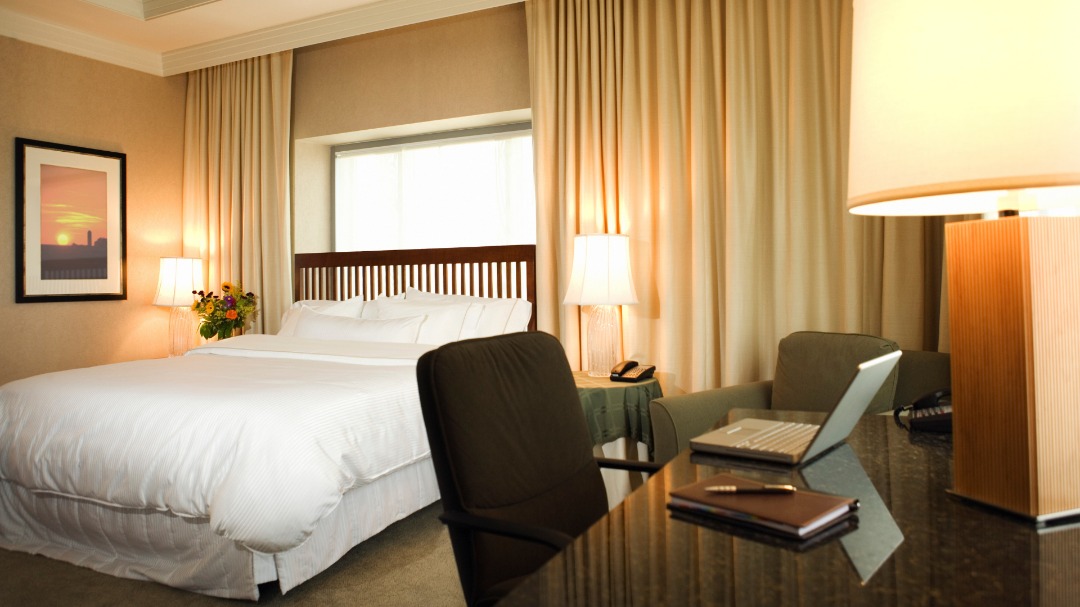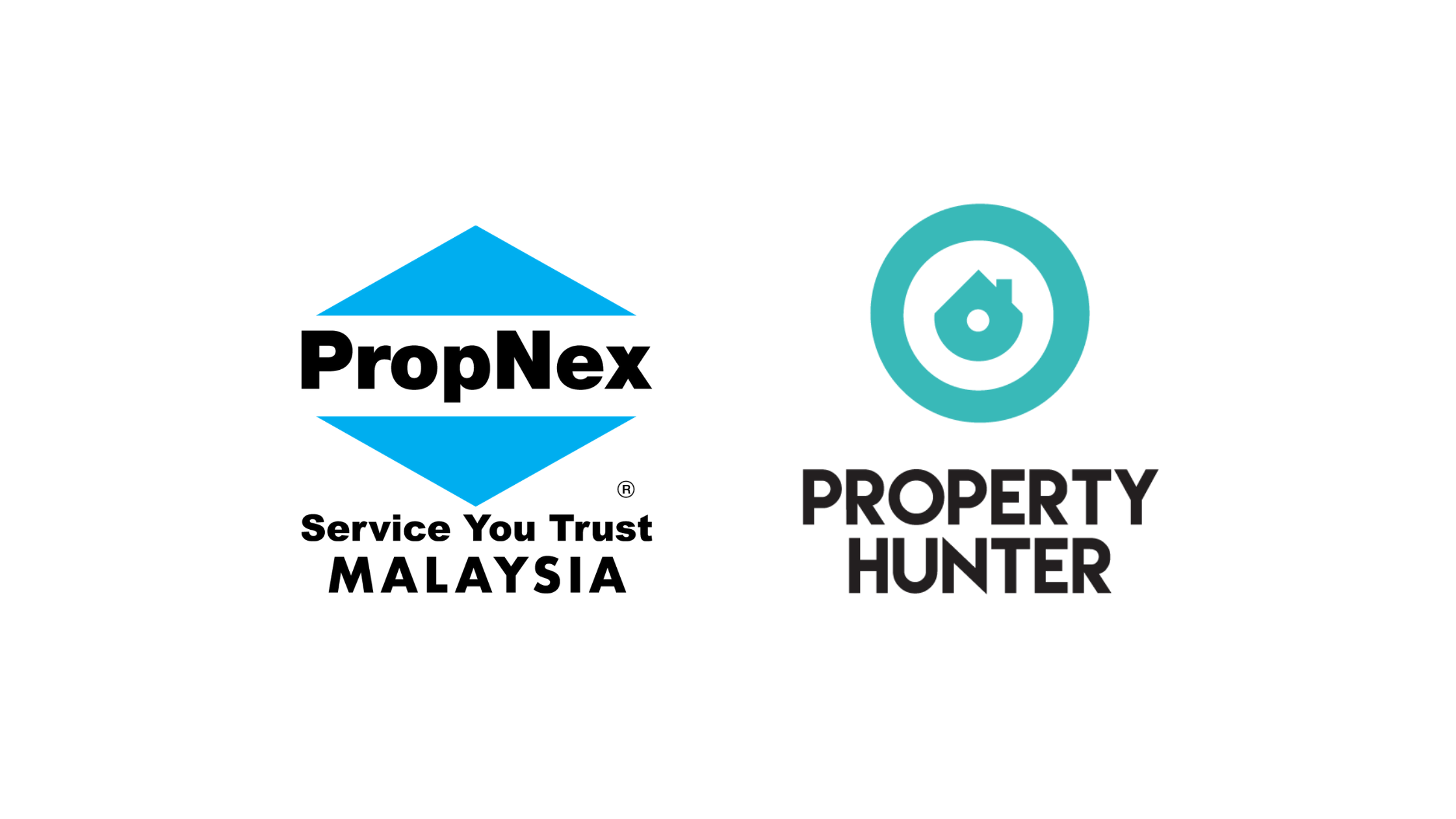Head of Property Asset Management Michael Lewis offers his insight into space as a service. Landlords and corporate occupiers are increasingly aware of the changing needs of modern workers and he says the hospitality industry is the sector to turn to for inspiration.
Providing a better service for modern workers
Imagine receiving a warm welcome from the reception staff, taking a refreshing shower shortly after your gym workout and then having your dry cleaning delivered to you all in the comfort of your place of work. Sounds more like a hotel, right?
But, perhaps it could be a new way of working in modern office spaces?
Making strides in this sector is Knight Frank with a range of flexible office spaces with a service that accommodates the lifestyle needs of the modern worker.
According to the Wealth Report 2019, “as wealthy individuals become more globally connected and more mobile, they are not only planting roots in traditional urban powerhouses but looking for a well-rounded offering.
“High-quality amenities and support facilitate a transient lifestyle, and so prime, super-prime and ultra-prime developments will become increasingly common – and increasingly sought after.”
In this case, should landlords and corporate occupiers do more to provide better lifestyle amenities to attract businesses to settle in their developments?
Flexible working
Improvements in technology and greater access to flexible working means employees don’t have to work nine to five at the office. These days, they can work in more flexible environments such as at home, in coffee shops or anywhere with WI-FI access.
So, just how should developers meet the demands of modern workers today?
Room for change
To compete in this changing environment, the real estate industry should find new ways to adapt its office spaces. Inspiration can be found in coffee shops, hotels and leisure destinations that are highly successful at attracting people and keeping them there.
If spaces are becoming more popular based on the services they provide, then offices must evolve to be more like hotels in the level of service that they provide. Workers and tenants should be treated as ‘guests’ who can easily choose an alternative location to spend their time, meet and do business.
More importantly, property operators must also attract new talent from the hospitality sector to meet the new expectations of occupiers and their staff.
Workers have to come to expect a certain level of service from their place of work. On-site amenities such as coffee-making facilities, a friendly reception team, dry cleaning facilities, showers and bike storage are just some of the perks that attract employees to a particular company.
Workers and productivity
Wellness initiatives are also becoming popular with flexible offices. WeWork, for example, offers ‘craft on draft’ and ‘puppy therapy’ at its spaces to appeal to the employees of fast-growing SMEs and start-ups.
Employers want their staff to work from dynamic, exciting spaces where they feel welcome, productive, happy and healthy. Property managers must evolve their approach to help landlords meet these requirements, by focusing on people and service.
There’s been a boom in flexible and co-working providers in recent years, and many are now increasingly marketing themselves to corporate occupiers, competing with ‘traditional’ office buildings on long leases. Landlords are responding by launching their own co-working or flexible workspaces.

.jpeg)



.jpg)







.jpeg)
